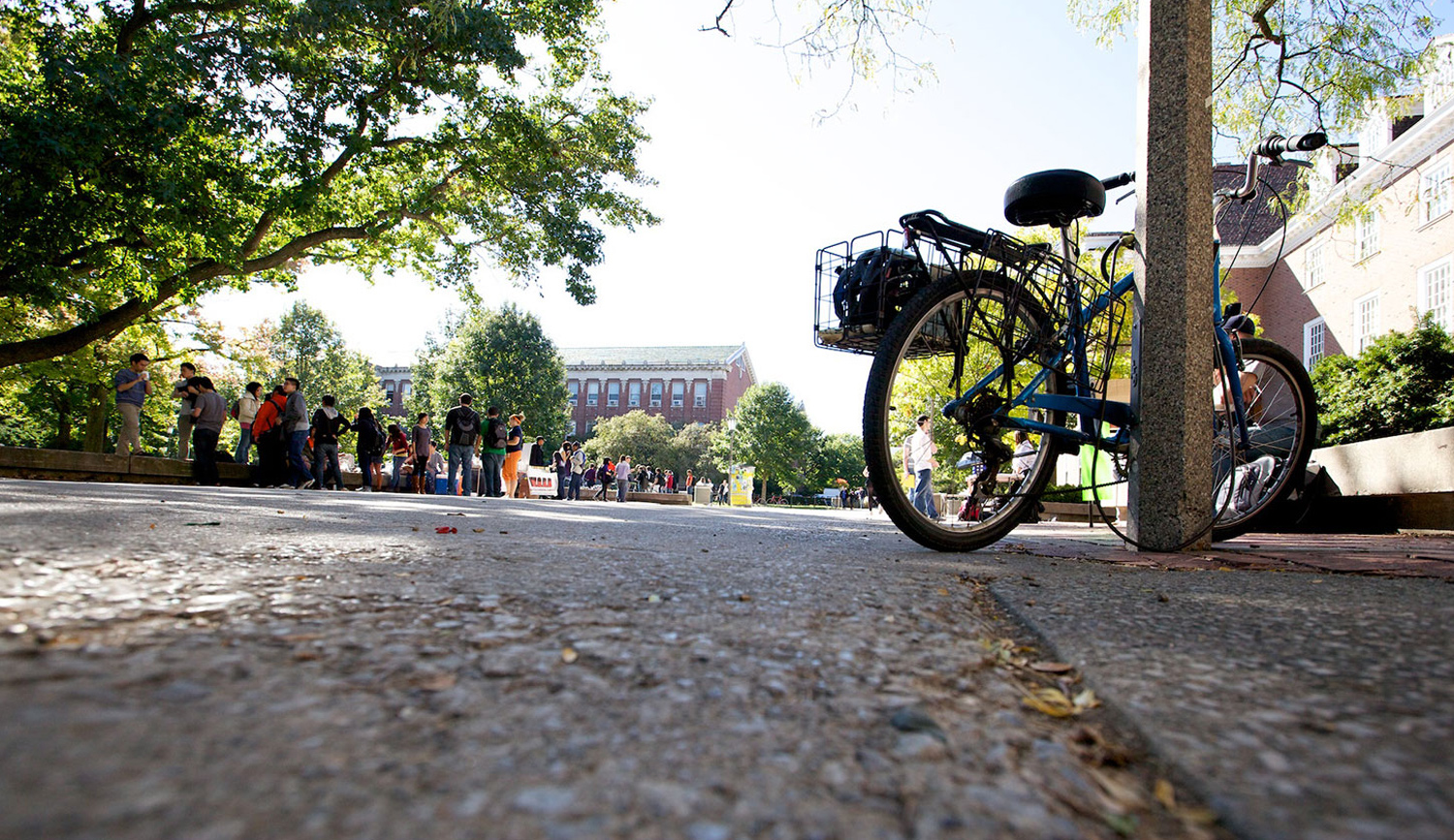
PHILADELPHIA — The U.S. Court of Appeals for the 3rd Circuit Monday upheld a federal judge’s ruling against Temple University’s former “speech code,” which prevented a graduate student from expressing his beliefs and opinions in class discussions and campus conversations, violating his First Amendment right to free speech. Attorneys with the Alliance Defense Fund Center for Academic Freedom represent the student, Christian DeJohn.
“Christian and conservative students shouldn’t fear discrimination or censorship by university officials simply for expressing their beliefs. The university is a ‘marketplace of ideas’ where all viewpoints are welcomed, and this significant ruling makes that clear,” said ADF Senior Counsel Nate Kellum.
“Universities cannot use vague and overbroad policies to stifle student speech. The 3rd Circuit was right to conclude, as the district court did, that the old ‘speech code’ at Temple University is unconstitutional,” added ADF Litigation Staff Counsel David Hacker.
In February 2006, ADF attorneys filed a lawsuit on behalf of DeJohn, who is a sergeant in the Pennsylvania Army National Guard. The lawsuit charged that Temple University’s “speech code” was vague and overbroad, and stifled student speech on campus, such as DeJohn’s religious and conservative views. A federal judge ruled in DeJohn’s favor and issued a permanent injunction against the policy in March 2007.
On appeal, the 3rd Circuit upheld the judge’s decision, stating that “speech cannot be prohibited in the absence of a tenable threat of disruption…. Furthermore, the policy’s use of ‘hostile,’ ‘offensive,’ and ‘gender-motivated’ is, on its face, sufficiently broad and subjective that they ‘could conceivably be applied to cover any speech’ of a ‘gender-motivated’ nature ‘the content of which offends someone.’ This could include ‘core’ political and religious speech, such as gender politics and sexual morality….. The policy provides no shelter for core protected speech.”
The ADF Center for Academic Freedom defends religious freedom at America’s public universities. ADF is a legal alliance of Christian attorneys and like-minded organizations defending the right of people to freely live out their faith. Launched in 1994, ADF employs a unique combination of strategy, training, funding, and litigation to protect and preserve religious liberty, the sanctity of life, marriage, and the family.
